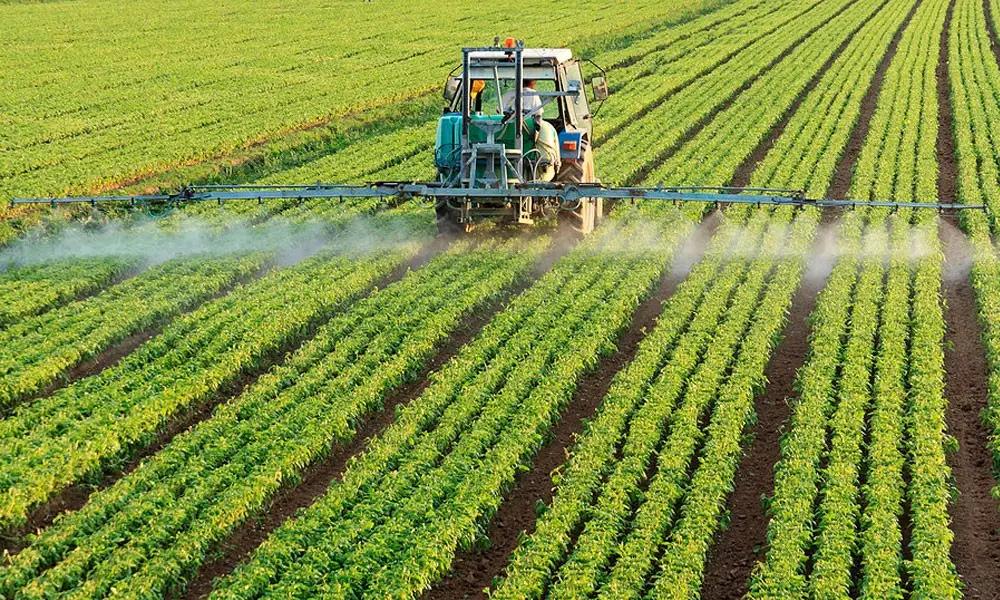
Published
10/30/2024, 11:11Since the beginning of the year, the Central and Osh Specialised Control and Toxicological Laboratories (SCTL) of the Department of Chemicalisation, Plant Protection and Quarantine have analysed 1,139 samples - 794 more than in the analogous period of 2023.
This indicates more active work of the department to control the agricultural products quality and safety.
During the research, laboratory specialists checked 92 samples of mineral fertilisers, 65 samples of organic fertilisers, and 11 samples of pesticides. In addition, 852 samples of plant products were analysed for pesticide residues and 291 soil samples. An integrated approach to analyses makes it possible to assess the situation from different angles and ensure the safety of both manufactured products and the environment.
As a result of the inspections, several cases of mineral fertiliser non-compliance with state standards were identified. The Central SCTL found one sample of amorphous and one sample of diammophos that did not comply with GOST. Osh SCTL detected three samples of ammonium nitrate and one sample of amorphous with violations. The results of laboratory tests were transferred to the territorial offices of the Department to take appropriate measures.
It was found that low-quality mineral fertilisers were produced in Kazakhstan and Uzbekistan and entered Kyrgyzstan illegally. The territorial offices of the Department issued warnings to the owners of these fertilisers on the need to comply with the Law of the Kyrgyz Republic ‘On chemicalisation and plant protection’. The entrepreneurs were also educated about the importance of quality and certified fertilisers.



